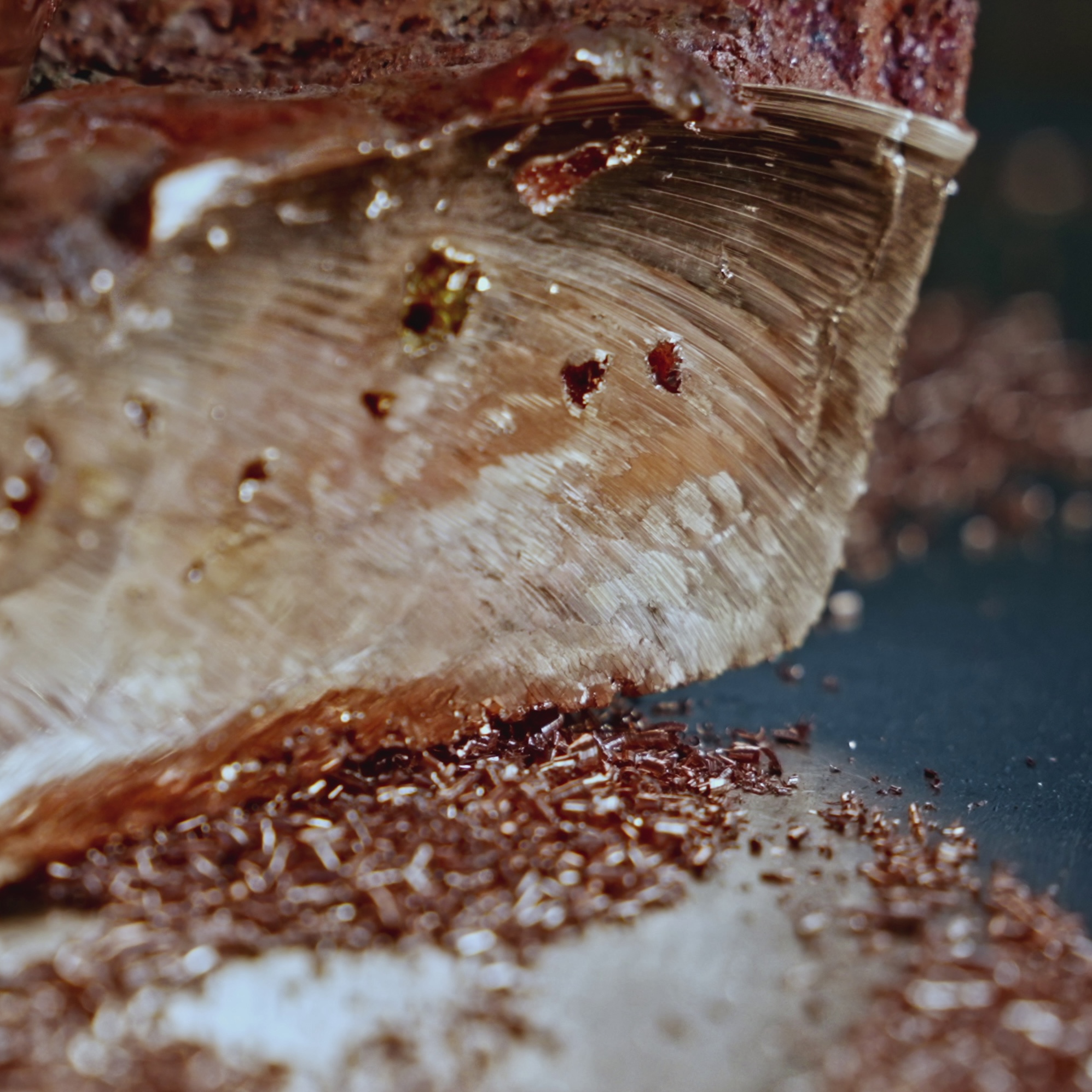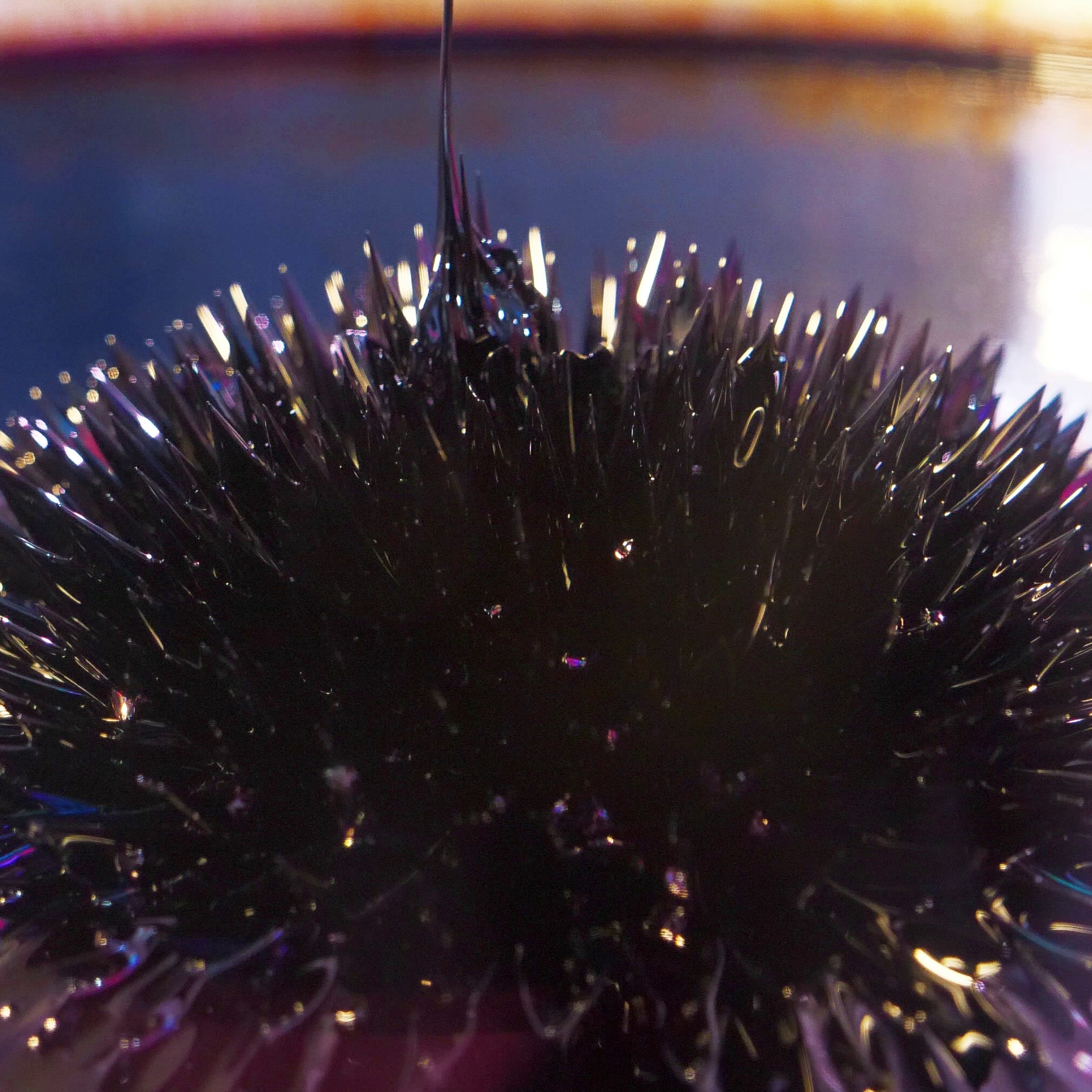Materials Science and Engineering Master's Degree Programs
Materials Science and Engineering (MSE) Master's Program
The Tulane University Master of Science Degree in Materials Science and Engineering is an interdisciplinary degree that focuses on the fundamentals of material structure, material properties, material processing, and material modeling. The program covers both “hard” and “soft” materials along with related devices while providing preparation for professional practice in modern materials science. Participating faculty are drawn from multiple materials-oriented departments in the School of Science and Engineering, including Chemistry, Chemical and Biomolecular Engineering, Biomedical Engineering, and Physics and Engineering Physics. This rigorous program trains graduate students to become leaders in industrial, government, and university settings. Graduates are expected to fill the growing global demand for trained materials scientists and engineers in the twenty-first century. The program is flexible and can be tailored to upward mobility in individual careers. Graduates typically find work in a number of fields including health care, defense, information technologies, manufacturing, aerospace, energy, semiconductors, and photonics.
Materials Science and Engineering (MSE) Master's 4+1 Program
Information for Tulane Students pursuing the 4+1 Master's:
- Students must have a minimum grade of B in CENG/ENGP 3120, and at least one of their letters of recommendation must be from a Tulane SSE faculty member.
- Students will normally indicate their intention to pursue the program before the end of the third year at Tulane and will complete between 6 and 12 credits of coursework towards the MS degree by the end of the fourth year.
- Six of these credits can count simultaneously towards the 120 credits required for the Bachelor’s degree.
- GRE and TOEFL scores are not required.
Required and Elective Coursework
Applicants may choose one of two paths: 30 credits of coursework OR 24 credits of coursework and a 6-credit written research thesis supervised by MSE faculty at Tulane. The program typically takes 3-4 semesters to complete. A full-time course load for graduate students is 9-12 credits per semester. Part-time students may take fewer credits per semester.
The thesis must be based on original research and must be approved by a committee consisting of at least three members, including the research supervisor and at least one other full-time member of the SSE faculty. One member may be from another Tulane school or other appropriate institution. In order for a student to pursue the 6-credit research thesis pathway, they must first seek approval of their research topic and thesis committee from the program Graduate Advisor, and must receive consent from each of the committee members, prior to embarking on the research thesis.
Resources
- Structure of Materials (MPEN 6360)
- Kinetics of Material Systems (MPEN 6350)
- Thermodynamics of Materials (MPEN 6760) OR Advanced Thermodynamics (CENG 7110)
- One Properties of Materials Course from an approved list:
--Electronic Properties of Materials (PHYS 6700)
--Processing of Biomaterials (MPEN 6370)
--Photonic Materials and Devices (MPEN 6560)
--Molecular Biophysics and Polymer Physics (CENG/PHYS 6210)
--Mechanical Behavior of Materials (MPEN 6720)
The remaining coursework (six courses for non-thesis students or four courses for students pursuing the thesis option) consists of graduate electives in science and engineering as approved by the program’s Advisory Committee.
- Molecular Principles of Functional Biomaterials (BMEN 6260)
- Biomechanics and Biotransport (BMEN 6300)
- Soft Tissue Biomechanics (BMEN 6340)
- Biomaterials and Tissue Engineering (BMEN 6400)
- Orthopedic Bioengineering (BMEN 6680)
- Elements of BMEN Design (BMEN 6932)
- Surface & Colloid Phenomena (CENG 6130)
- Molecular Biophysics & Polymer Physics (CENG/PHYS 6210)
- Survey of Contemporary Polymers Research (CENG 6420)
- Electrochemistry (CENG 6140)
- Nanostructured Soft Materials (CENG 6781)
- Polymer Engineering & Science (CENG 6890)
- Advanced Material Design (CENG 7870)
- Crystallography (CHEM 7260)
- Advanced Organic – Polymer Chemistry (CHEM 7440)
- Earth Materials (EENS 6190)
- Computational Materials Science and Engineering (MPEN 6290)
- Processing of Biomaterials (MPEN 6370)
- Materials for Energy (MPEN 6380)
- Synthesis of Nanomaterials (MPEN 6390)
- Photonic Materials and Devices (MPEN 6560)
- Semiconductor Devices (MPEN 6570)
- Microfabrication and Nanotechnology (MPEN 6620)
- Mechanical Behavior of Materials (MPEN 6720)
- Intro to Feedback Control (PHYS 6660)
- Electronic Properties of Materials (PHYS 6700)
- Solid State Physics (PHYS 7130)
Students interested in technology entrepreneurship and commercialization may take one of the following courses to fulfill one of their electives:
- New Venture Planning (MGMT 6160)
- Management of Technology and Innovation (MGMT 7210)
- Entrepreneurship in Engineering and Bioscience (SCEN 6000)
- Technology Invention & Commercialization (BMEN/SCEN 6080)
Other SSE courses, including ones designated as BMEN, CENG, CHEM, COSC, MATH, and PHYS, may be suitable electives for MSE Master’s students, with approval from the Advisory Committee.
- Applicants from all undergraduate science and engineering majors are eligible to apply.
- Applicants must have completed at least 24 credit hours in science and engineering (3.0 GPA or higher)
- Adequate background coursework in mathematics, physics, and chemistry is essential. Applicants need to have taken an undergraduate Materials Science and Engineering course at the level of Callister, equivalent to CENG/ENGP 3120 (Materials Science and Engineering) at Tulane with a minimum grade of B.
- Applicants must submit a transcript, a personal statement, two letters of recommendation, and TOEFL or IELTS scores (if required).
Please use the Online Application System to apply for the program. The application deadlines are May 15th for Fall admission and October 15th for Spring admission.
- Prof. Doug Chrisey, Physics and Engineering Physics
- Prof. Matthew Escarra, Physics and Engineering Physics
- Prof. Vijay John, Chemical and Biomolecular Engineering
- Prof. Michael Moore, Biomedical Engineering
- Prof. Noshir Pesika, Chemical and Biomolecular Engineering
- Prof. Russell Schmehl, Chemistry



